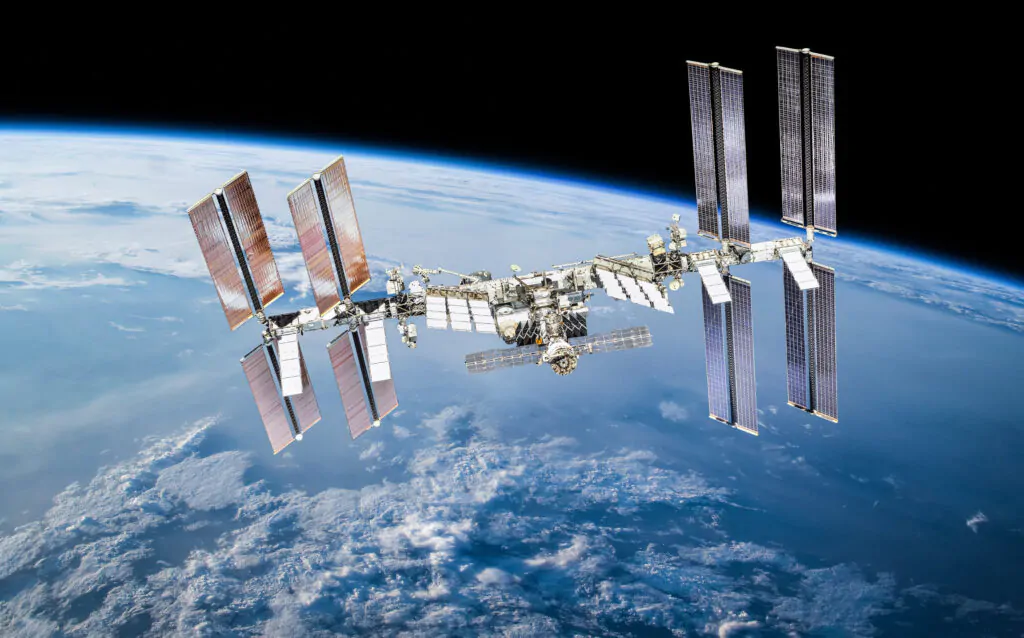
NASA and Roscosmos remain at odds regarding the cause and potential risks of an air leak in the Zvezda module of the International Space Station (ISS). NASA has raised concerns about the possibility of a “catastrophic failure,” while Roscosmos downplays the severity of the issue.
The debate resurfaced during a November 13 meeting of NASA’s ISS Advisory Committee, which discussed earlier talks with its Roscosmos counterpart in September. The focal point is a small, persistent air leak in the vestibule of the Zvezda service module, known as PrK, which separates a docking port from the rest of the module. The leak, present for several years, is managed by sealing off the area when not in use.
NASA and Roscosmos differ in their analysis of the leak. Russian engineers attribute it to “high cyclic fatigue” from micro-vibrations, while NASA believes the cause involves multiple factors, including pressure, material properties, and environmental exposure. Both agencies have narrowed the issue to welds within the module but lack a unified conclusion.
Recent repairs have reduced the leak by a third, yet NASA continues to express concerns about structural integrity. At a November 8 briefing, astronaut Michael Barratt noted the precautions taken by NASA crews, such as closing the hatch between the U.S. and Russian segments when the PrK hatch is open.
The agencies also diverge on the severity of the issue. Roscosmos dismisses the likelihood of a catastrophic failure, while NASA views it as a significant risk. Despite these differences, both parties have agreed to involve independent experts to evaluate the structural integrity of the module.
As the ISS ages, challenges like these highlight the need for continued collaboration to maintain safety and functionality.